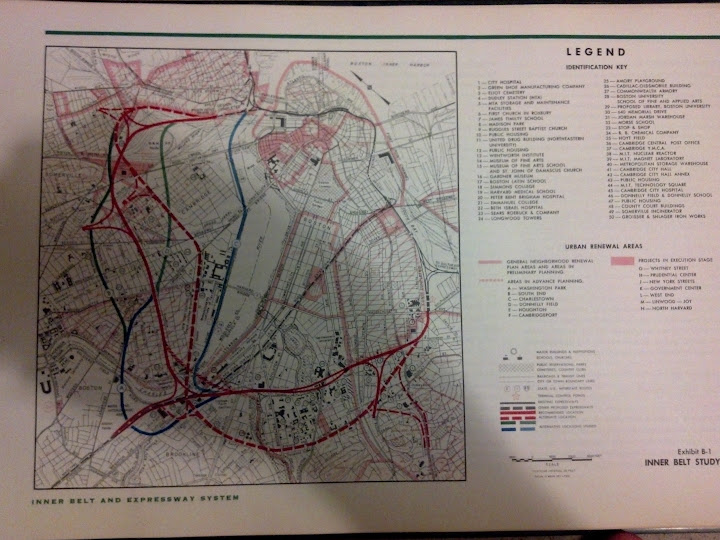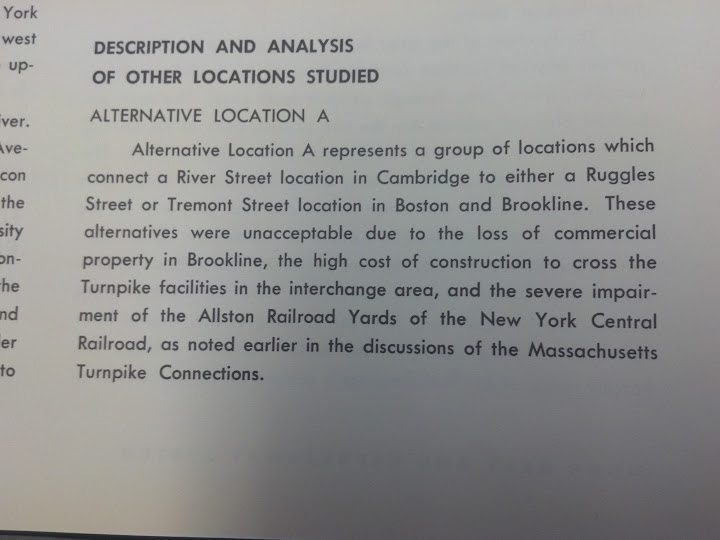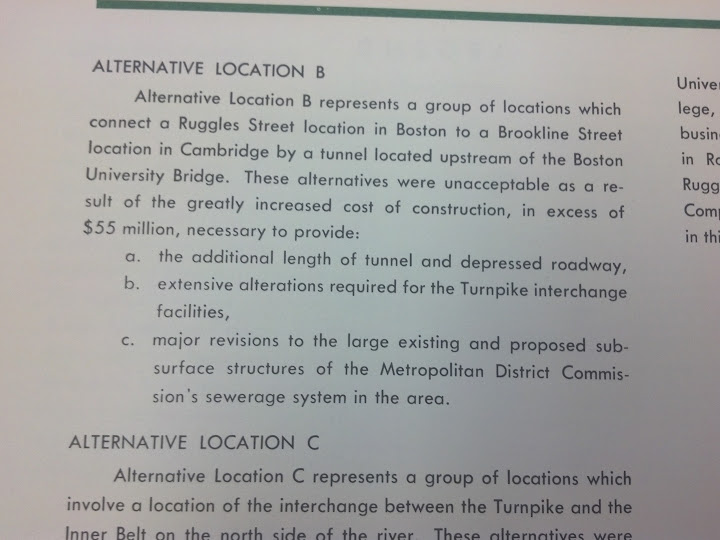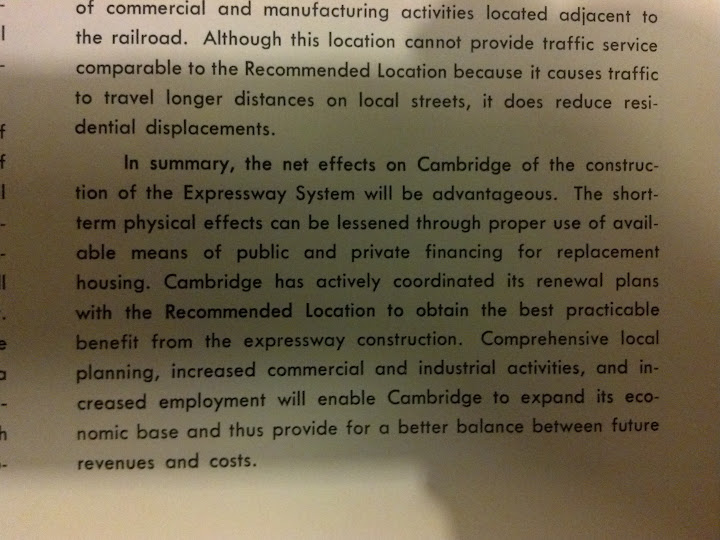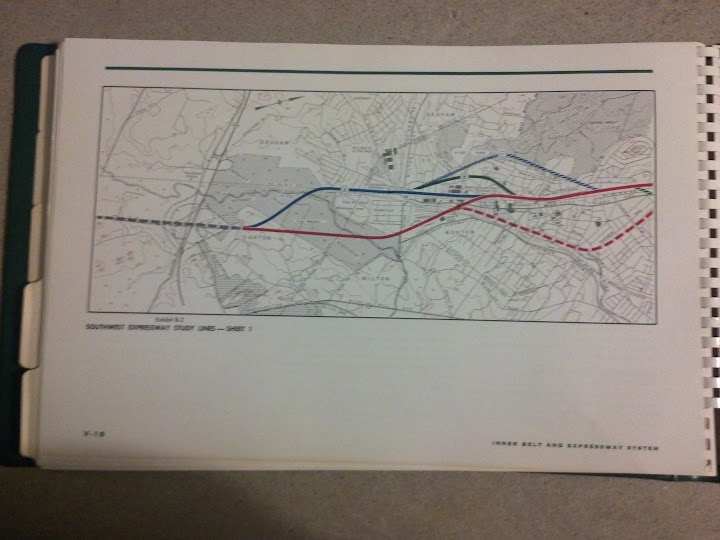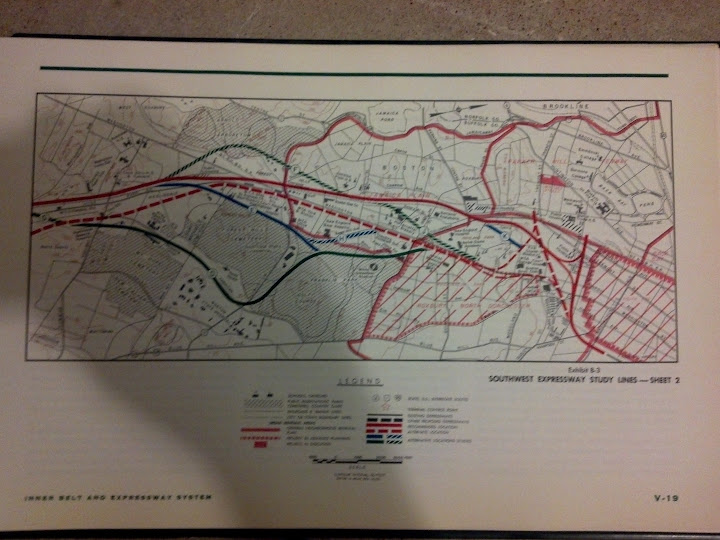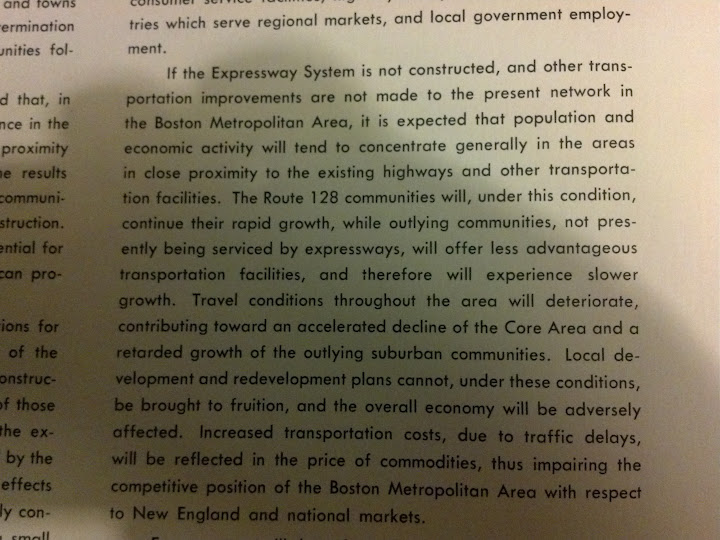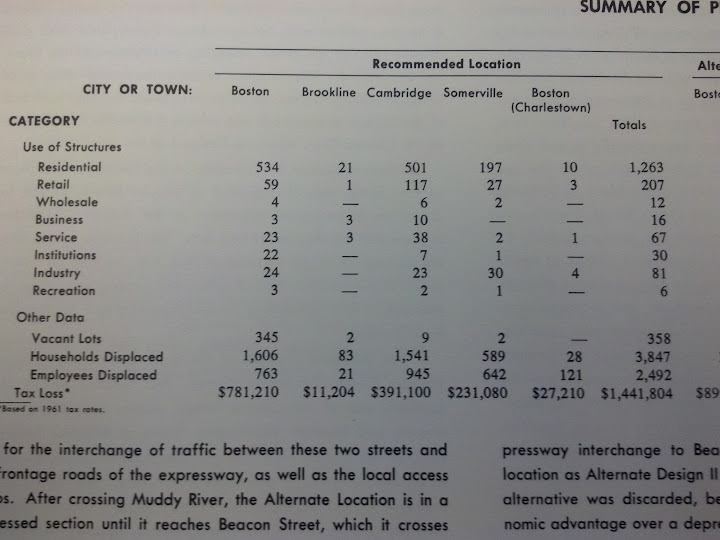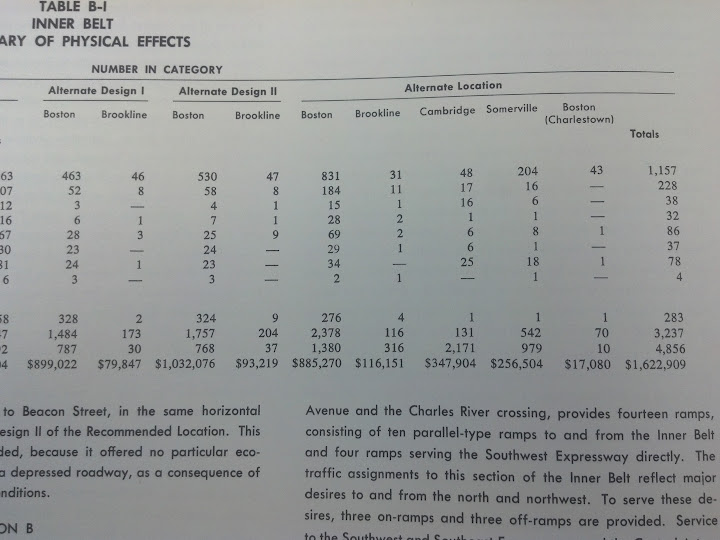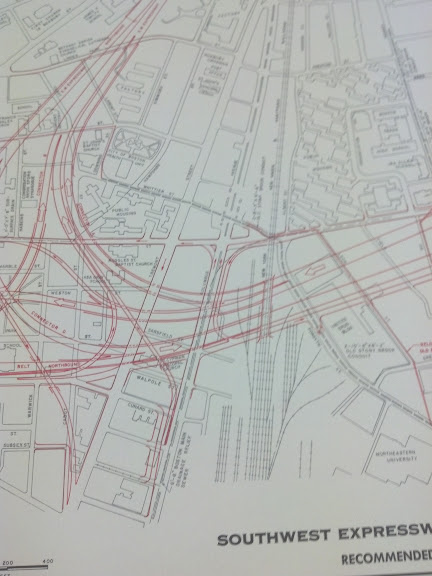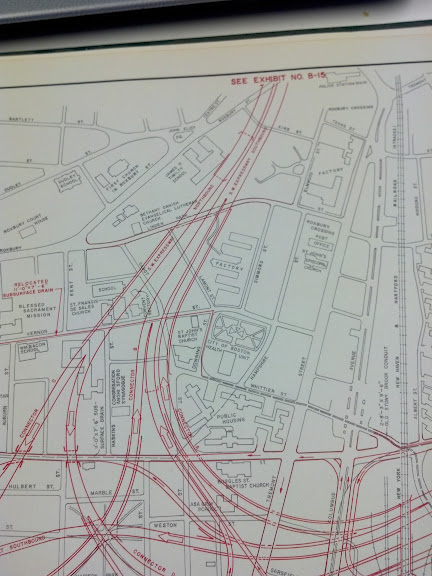Because taxes goes to roads already. Our taxes also goes to the subway system, but at a lesser priority. Right now, you are suggesting tolling not for maintenance but to manipulate people to drive at lower congestion times. If you are arguing that the tolls are for maintenance, that's the same argument unaware driver grip that subway riders should pay for full price.
Right now roads are funded by several different kinds of taxes, particularly property taxes. I would propose to cut those taxes and shift the burden of maintenance costs onto demand-based tolls. Also I would set the fees in accordance with vehicle axle-weight. This would achieve several goals: reducing tax burden, connecting payment with usage, and inspiring more efficient ways to carry goods and people. Right now, you pay the same regardless of how much you use the roads. That's like opening up an all-you-can-eat buffet and telling people they can bring buckets and take it home. No wonder there would be shortages.
This could result in reduced costs at times; for example, when the Mass Pike is underutilized, the tolls could be reduced to encourage more traffic to divert to it. Also, I'd want modern toll systems which can operate at high-speeds and don't require massive amounts of land for booths. Zero inconvenience.
Mass transit can be run profitably if built and operated correctly. Asian cities have shown this. There's two conflicting goals: running a transportation business, and running a social service. The MBTA, like most American agencies, conflates the two. The result is that neither side is satisfied. But even if profitability isn't considered important, it also becomes a question of effective resource management. Are they getting the most out of what they have?
Roads by itself, unless your numbers are wrong, can't be built enough to make the paradox breakdown. But I what about rails and roads? You did claim the Red Line itself holds 80,000 commuters. Taking the entire system both rails and roads, is the congestion a problem of the paradox? Or the network near capacity? If it a problem of the paradox, then tolls is the only solution to make traffic better by mostly forcing commuters to take underutilized routes or go at different times. If the problem is the capacity of the network as a whole, then we need to keep working on that problem.
The lesson I take from it is that congestion is fundamental and can only be controlled through demand-pricing. Like in the buffet example above, you cannot fix that mess by making your buffet bigger. More people will show up and pack more in their bucket. The only way to fix this is to charge by weight. People will either pay by how much they use, or they will pay by waiting on line for scraps.
There's always going to be another bottleneck, the moment you eliminate one, others spring up. Building more grade separated public transportation won't help congestion either (this is an important point that often gets forgotten). But it will help add capacity despite congestion. Many agencies also add "peak" surcharges as a crude form of demand pricing.
Sure, you mentioned that the MBTA is actually running at less then their potential. But potential is not capacity. They aren't running without passengers and they aren't in a position to really take more. Yet, with good upgrades, it can help with congestion without concluding that our congestion issues is a "virtually" infinite number of commuters that only grows unless we can raise capacity to an absurd level as you argued. However, there's more than one way to add capacity. And we can also find ways to reduce demand.
The main argument for demand-pricing is that it causes people to re-evaluate their travel and then try to choose a more efficient time or mode. You still need to provide or find the capacity in some fashion. The argument for public transportation on grade separated right-of-ways is that it is the most effective form of adding capacity to your system: it carries the most people with the smallest footprint and the least negative impact on the city.
So whether people choose to drive, work at home, change their hours, take the bus or the train, or anything else, the important question is: are we setting up a relatively free market system where people are free to make decisions about their life, and then pay the costs accordingly? Or are we forcing them into one choice or another through bad policy?
Maybe it's the case that most people would prefer to drive a single-occupancy vehicle to work and park it there. But the infrastructure needed for that is so massive, imposing and destructive that a whole other set of citizens is forced to endure terrible costs, while the drivers pay almost nothing. That's not a fair, free market outcome at all.
With all the resources being poured into highways and mitigating the disasters they cause, there's little left for the folks who don't want to (or can't) drive to work. In the worst case, they get forced into cars against their will and also add to the congestion problem.

